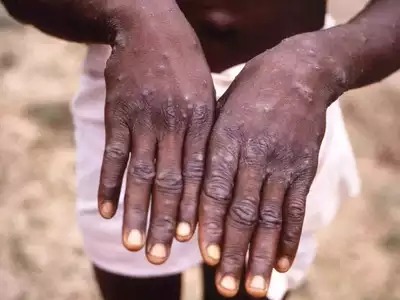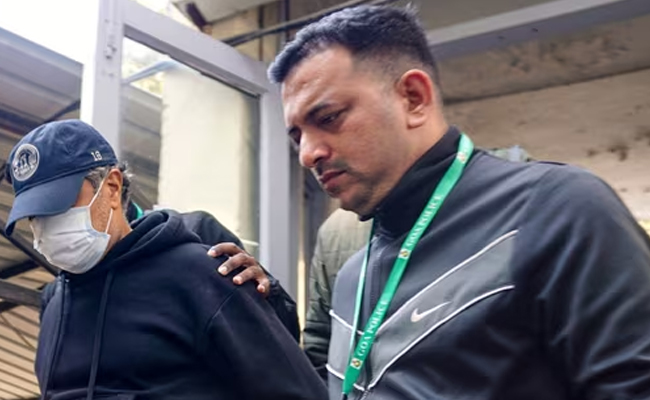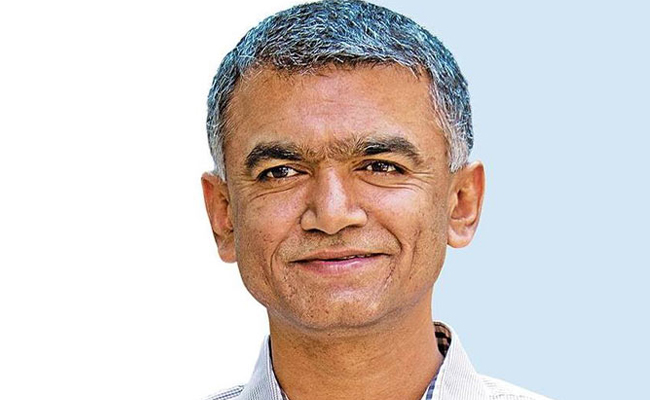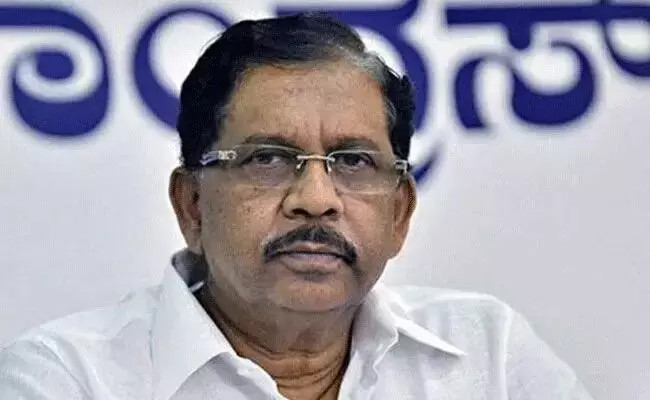United Nations/Geneva, Jun 6: A total of 780 laboratory-confirmed cases of monkeypox have been reported or identified since May 13 and as of June 2 from 27 countries across four WHO regions that are not endemic for the monkeypox virus, the World Health Organisation has said.
The UN's health agency said that while epidemiological investigations are ongoing, most reported cases so far have been presented through sexual health or other health services in primary or secondary health care facilities and have involved mainly, but not exclusively, men who have sex with men (MSM).
While the West African clade of the virus has been identified from samples of cases so far, most confirmed cases with travel history reported travel to countries in Europe and North America, rather than West or Central Africa where the monkeypox virus is endemic.
The confirmation of monkeypox in persons who have not travelled to an endemic area is atypical, and even one case of monkeypox in a non-endemic country is considered an outbreak. While most cases are not associated with travel from endemic areas, Member States are also reporting small numbers of cases in travellers from Nigeria, as has been observed before, it said on Sunday.
Monkeypox endemic countries are Cameroon, the Central African Republic, the Democratic Republic of the Congo, Gabon, Ghana (identified in animals only), Cote d'Ivoire, Liberia, Nigeria, the Republic of the Congo, and Sierra Leone. Benin and South Sudan have documented importations in the past. Countries currently reporting cases of the West African clade are Cameroon and Nigeria, the WHO said.
The sudden and unexpected appearance of monkeypox simultaneously in several non-endemic countries suggests that there might have been undetected transmission for some unknown duration of time followed by recent amplifier events.
WHO assesses the risk at the global level as moderate considering this is the first time that many monkeypox cases and clusters are reported concurrently in non-endemic and endemic countries in widely disparate WHO geographical areas.
WHO said it continues to receive updates on the situation in endemic countries. As of June 2, 780 laboratory-confirmed cases have been notified to WHO under the International Health Regulations (IHR) or identified by WHO from official public sources in 27 non-endemic countries in four WHO Regions. This represents an increase of 523 laboratory-confirmed cases (+203%) since the Disease Outbreak News of 29 May, when a total of 257 cases were reported.
As of June 2, there have been no deaths associated with the current monkeypox outbreak in non-endemic countries, however, cases and deaths continue to be reported from endemic countries.
While investigations are ongoing, preliminary data from polymerase chain reaction (PCR) assays indicate that the monkeypox virus strains detected in Europe and other non-endemic areas belong to the West African clade.
The majority of cases were reported from the WHO European Region (20 Countries). Confirmed cases have also been reported from the Region of the Americas, Eastern Mediterranean Region and Western Pacific Region.
In addition to the cases reported from or identified in non-endemic countries, WHO continues to receive updates on the status of ongoing monkeypox outbreaks in endemic countries in the African region through established surveillance mechanisms (Integrated Disease Surveillance and Response). From January to June 1, 2022, 1408 suspected and 44 confirmed cases including 66 deaths were reported from seven endemic countries.
WHO said it continues to support sharing of information about this outbreak of monkeypox. Clinical and public health incident response has been activated at WHO and in many Member States to coordinate comprehensive case findings, contact tracing, laboratory investigation, clinical management, isolation, and implementation of infection and prevention and control measures.
Let the Truth be known. If you read VB and like VB, please be a VB Supporter and Help us deliver the Truth to one and all.
Bajpe: Police have arrested a youth for allegedly posting derogatory and defamatory content against the Bajpe police on social media.
The arrested accused has been identified as Abhishek M. (23), a resident of Katipalla, Surathkal.
According to the police, Abhishek posted a photograph of Bajpe Nisarga Hotel on his Instagram account mr_a_titude_22, alleging that accused persons in a murder case under the jurisdiction of the Bajpe police station were being treated “like royalty” by the police and were being served beef meals from the hotel every day. In his post, he further accused the police of colluding with criminals and misusing their authority, stating that public trust in the police was being betrayed.
Following which, the Bajpe police registered a case and arrested the accused.
Police records reveal that Abhishek is already facing multiple criminal cases. A case of murder, attempt to murder, assault and robbery has been registered against him at the Surathkal police station. At the same time, a robbery case has also been registered at the Kaup police station.
After his arrest, Abhishek was handed over to the custody of the CEN police for further investigation. He was later produced before a court, police said.





